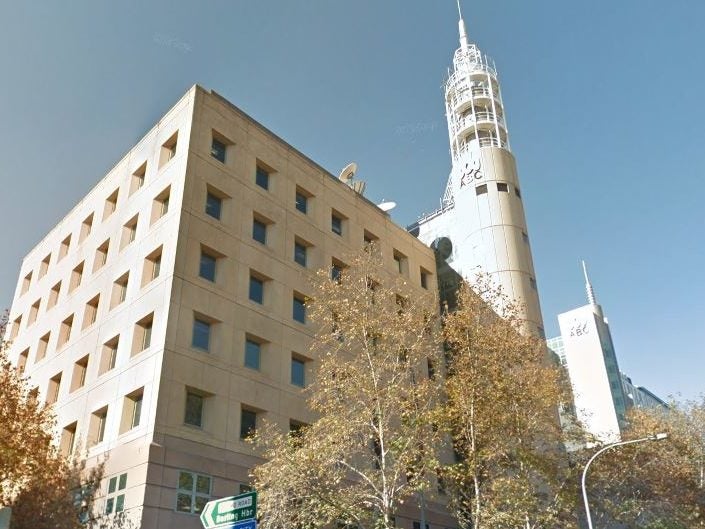
The Australian Government has told police to consider the importance of a free and open press when investigating leaked documents after raids on journalists’ offices in June sparked outrage about suppression of free speech.
Home affairs minister Peter Dutton said on Friday he sent a formal direction to Australian Federal Police Commissioner Andrew Colvin outlining the Government’s expectations of police investigating journalists and media organisations over unauthorised documents leaked by government employees.
The direction seems to reduce the likelihood of the government authorising charges against Australian Broadcasting Corp reporters Dan Oakes and Sam Clark, who were targeted in police raids on ABC’s Sydney headquarters (pictured), or News Corp journalist Annika Smethurst, whose Canberra home was also raided.
“I expect the AFP to take into account the importance of a free and open press in Australia’s democratic society and to consider broader public interest implications before undertaking investigative action involving a professional journalist or news media organisation in relation to an unauthorised disclosure of material,” Dutton said in a statement.
He also told Colvin to “exhaust alternative investigative actions” before considering involving journalists or media organisations and to seek the media’s voluntary assistance.
Police are also directed to ask government agencies for a “harm statement” detailing how a leak was “expected to significantly compromise Australia’s national security”.
Dutton did not say why he had issued the direction or respond when asked by the Associated Press what impact this may have on the police investigations behind the June raids.
The raids were widely condemned as an attempt to intimidate journalists for reporting classified information in the public interest that embarrassed governments but posed no threat to national security.
In 2018 a story by Smethurst, the political editor of The Sunday Telegraph of Sydney, detailed an alleged government proposal to spy on Australians. It was dismissed by Dutton at the time as “nonsense”.
A day after Smethurst’s home was raided, police entered ABC’s headquarters seeking documents relating to the Australian Special Air Service Regiment’s involvement in Afghanistan.
Oakes and Clark reported in 2017 that Australian troops had killed unarmed men and children in Afghanistan in potential war crimes.
Dutton last month said he had rejected a request from ABC managing director David Anderson to direct police to drop their investigation of the two ABC reporters.
However attorney-general Christian Porter, who would need to authorise any prosecution of reporters involved, has said he would be “seriously disinclined” to give his approval.
The law allows Dutton to make his ministerial direction after considering advice from the police commissioner and the head of the Home Affairs Department.
Colvin authorised the media search warrants, which are being challenged in the courts, and has since announced he will not seek an extension to his contract that ends in October.
His replacement, Northern Territory Police Commissioner Reece Kershaw, said when his appointment was announced last month that he intended to review the two media investigations.
Australian media organisations have joined together in response to the raids to demand legal reforms that would exempt journalists from national security laws passed since 2012 that “would put them in jail for doing their jobs”.
The Government responded by asking a parliamentary committee to hold an inquiry into the impact of Australian law enforcement and intelligence powers on press freedom.
But critics argue that the Parliamentary Joint Committee on Intelligence and Security – chaired by an SAS veteran of the Afghanistan war and conservative government legislator Andrew Hastie – is not equipped to find the correct balance.
Picture: Google Maps
Email pged@pressgazette.co.uk to point out mistakes, provide story tips or send in a letter for publication on our "Letters Page" blog
